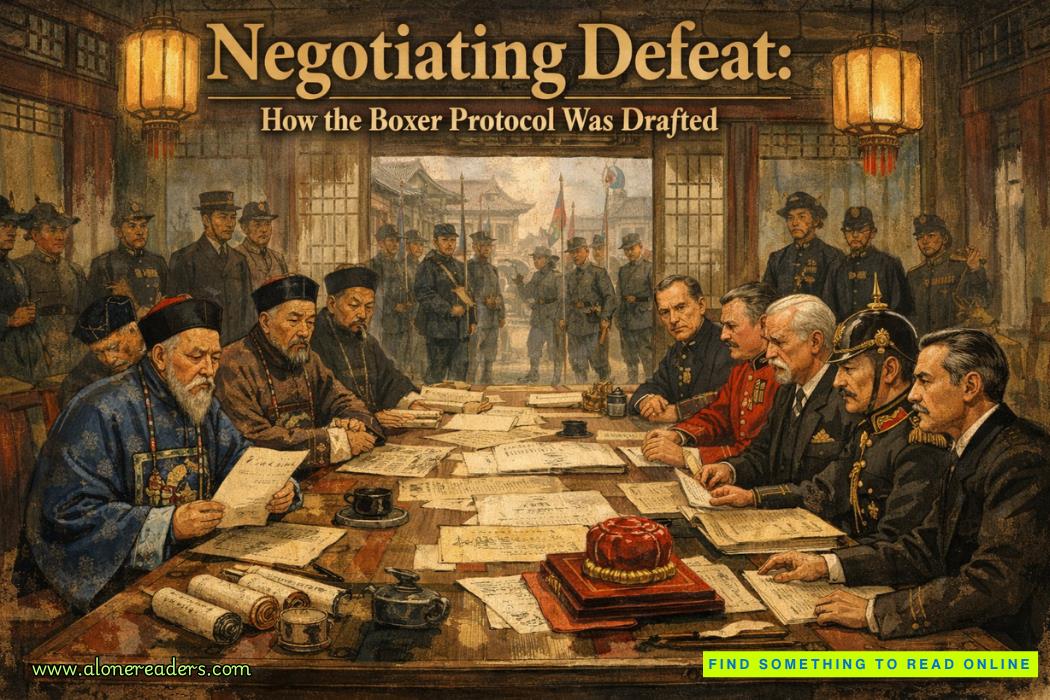Because sometimes, being here—thishere— was all that mattered.
And today was a good day.
Therehad been times— days, sometimes even weeks— when her mother had been like this. Warm and present, able to hold conversations that tracked, able to remember birthdays, holidays, names. She’d hum while she cleaned, trace her fingers along Hazel’s freckles before bed, calling them her own secret set of constellations.
But then the balance would shift. It always did.
A missed dose, a change in schedule, a phone call that didn’t go well, a look from someone on the street that lasted too long. And the thoughts would start to storm again, loud and fast and tangled. Her mother would stay in the room, physically, but she’d already be gone.
The last time they brought her home, Hazel had been twelve.
Old enough to hope. Old enough to remember what it felt like to be mothered. But still too young to carry the disappointment when it started to fray.
They’d painted the spare room at her grandmother’s house a soft lilac, the kind of colour her grandmother said promoted calm. They bought new bedsheets, high-thread-count cotton in a pale blue floral, and set up a little table by the window with a journal, a new box of coloured pencils, and a diffuser that smelled like mint.
Everything had been clean. Safe.
Hazel remembered her mother smiling as she unpacked her suitcase, her voice light, her movements deliberate. She remembered the first night— how her mother had made tea for them both, wrapped in her grandmother’s housecoat, asking about Hazel’s classes like she hadn’t missed two years of them.
It had lasted five weeks.
At first, it was little things. A morning where she forgot what day it was, an evening where she wandered outside barefoot, insisting someone was calling to her from the treeline. She started staying up later, scribbling in her journal well past midnight, the light from her room spilling out into the hallway. The tea stopped being made. The humming stopped, too.
Then came the night Hazel was roused awake by shouting.
She didn’t remember what the words were— only the sound of them, loud and frantic. Not angry, exactly. Just afraid.
She’d padded down the hallway in her socks, her shoulder pressing to the wallpaper. From the top of the stairs, she’d seen the kitchen light on, and slowly crept down, one at a time, careful to step around the places she knew would creak. Hidden behind the wooden railing, she saw the curve of her mother’s back as she rifled through the kitchen drawers, muttering to herself, slamming one closed before yanking another open. Her grandmother stood a few feet away, arms out, her calm voice trying to tether her to the ground. Trying to draw her back to them.
Hazel didn’t understand most of what her mother was saying. It was something about wires in the walls, something about the government tracking them, about needing to leave,now,before it was too late. About how if she could just find the proof, here, in the drawers, maybe then someone would finally believe her.
It had taken a few minutes, but eventually, her grandmother had noticed Hazel hiding on the stairs. She had walked over with quick steps, pulling her back by the shoulders and steering her into her bedroom without a word. She didn’t scold and didn’t explain, she just smoothed Hazel’s hair, tucked her in, and told her to stay.
But she hadn’t listened.
She waited until the house was quiet again, then crept to the top of the stairs once more, and listened.
Her grandmother stood at the bottom of the stairs, turned towards the kitchen, her eyes still trained on her only child as she rifled through the drawers. There was a distinct sadness in her profile, one that Hazel had recognized fromyearsof this. In her hand, her grandmother held the house phone, pulled slightly away from her face, switched to speaker mode. Hazel had recognized the voice immediately. It was low, even, and practiced— her mother’s doctor. She remembered the way her grandmother’s tone changed when she spoke to him; the exhaustion she felt shown bare, on full display.
“Sometimes, this is just the way this illness works,”he’d said gently, voice carrying up the stairwell and wrapping around Hazel, sending a rough shiver down her spine.“For some people, managing symptoms on their own isn’t possible. They need consistency. No stress.Controlled environments. Not just medication, but monitoring. Full-time care.”
Hazel didn’t hear her grandmother respond, but she felt it— the way silence could sound like a person folding in on themselves.
“She needs to stay at the facility this time, Wendy,”the doctor continued.“It has to be permanent. I’m sorry.”
Hazel had backed away from the stairs and climbed into bed without another word, without another thought. She didn’t cry, not that night— she just stared up at the glow in the dark stars affixed to her ceiling in the shapes of her favourite galaxies, and tried to lose herself within it.
They drove her mother back to Portland the next day.
Hazel remembered turning back to look as they’d left her behind that final time. Her mother didn’t wave. She just stared ahead, both hands on her knees like she was bracing for impact. Like she was already somewhere else.
Now, years later, Hazel was sitting across from her mother again. And her mother washere. Smiling, remembering, reaching across the gap.
“You always had such strong hands,” her mother said, her fingers gently wrapping around Hazel’s, giving them a soft squeeze. “Even when you were little. You used to grip my fingersso tight.Like you were afraid I’d disappear.”
Her mother’s voice had gone soft again, just barely loud enough to be heard above the rhythmic sound of the radiators trying to warm the room against the chill outside.
“I didn’t know how to hold on,” her mother whispered, her warm eyes pouring into Hazel’s. Her gaze was strong, but also weak. Warm, but also filled with something deeper— sharper. Guilt, maybe. Or pain. “But I wanted to. I always wanted to. You know that, don’t you?”















